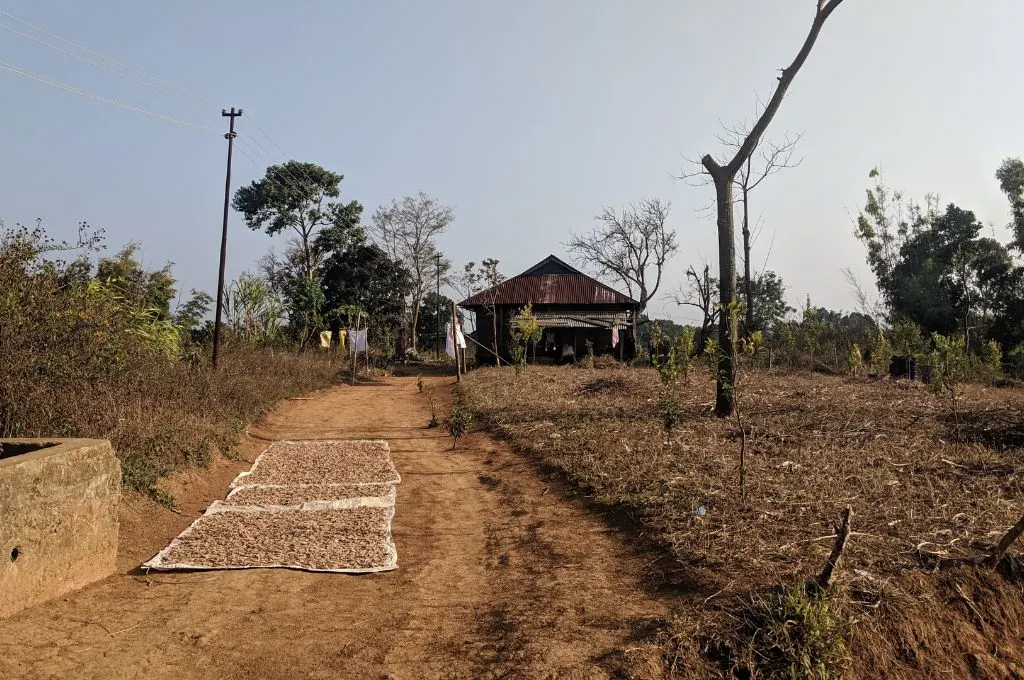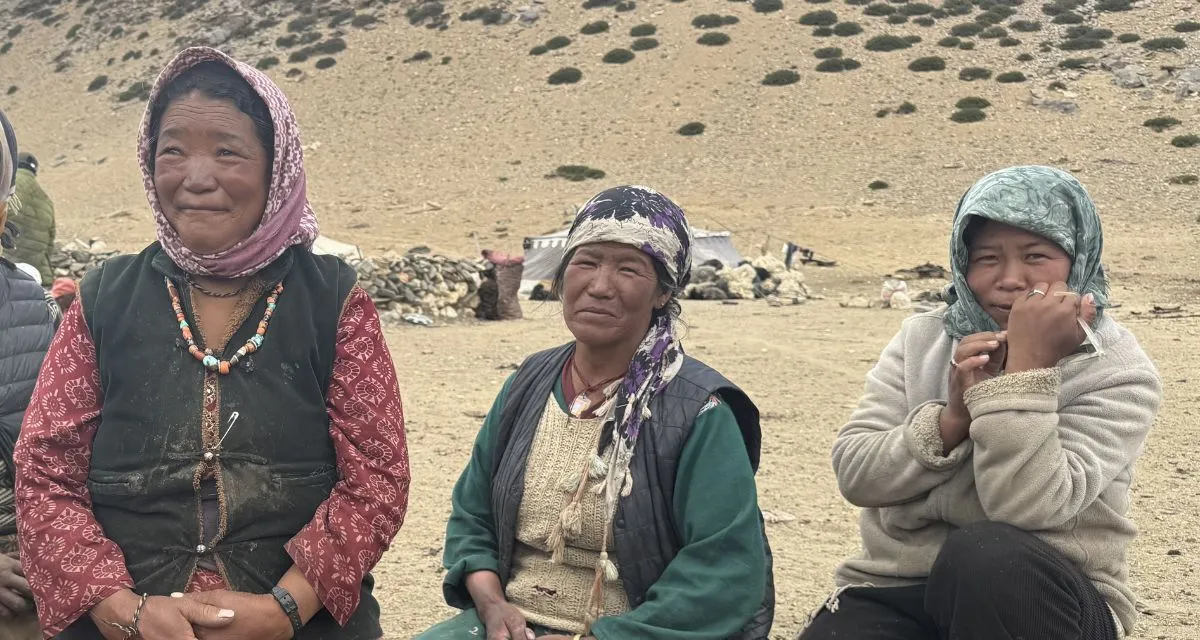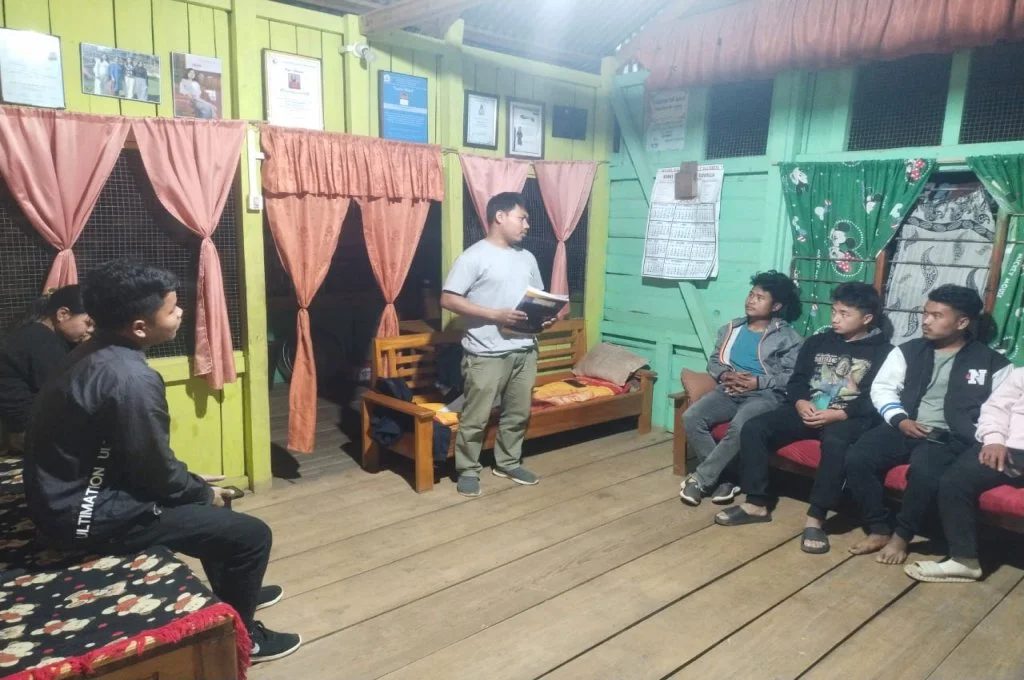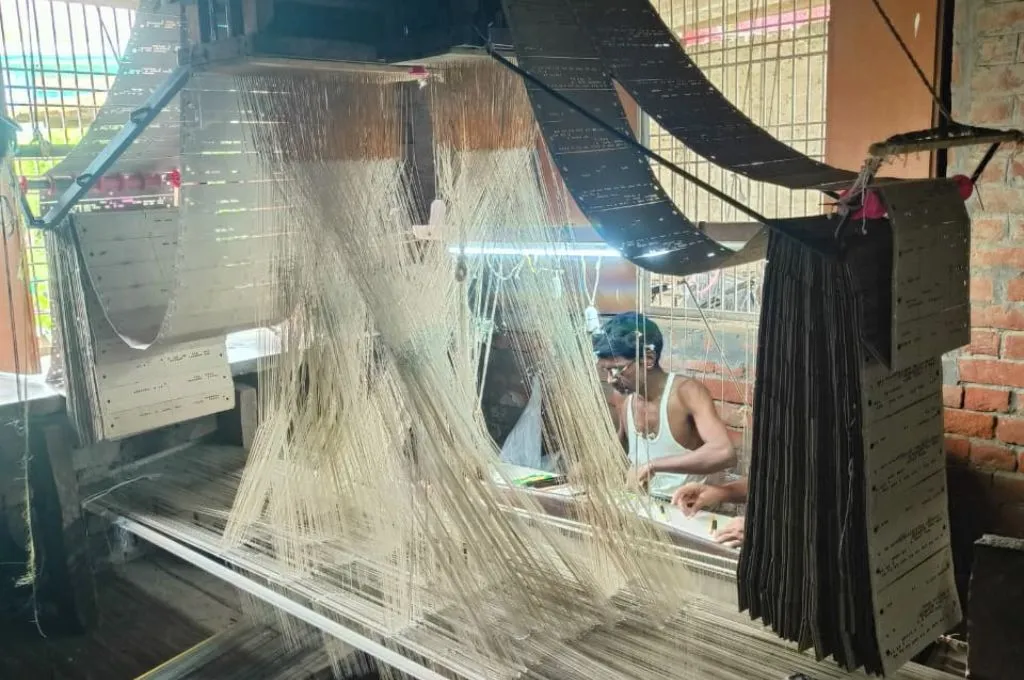READ THIS ARTICLE IN
Bihar’s Musahar educators devise new ways to teach their own
We work in Bihar’s Patna district as field coordinators with Devise. Many Musahar children in the area have dropped out of school, and so we run teaching centres to help bring them back into the education system.
As members of the Musahar community ourselves, we know first-hand the challenges that prevent the children from continuing in school. Caste-based discrimination and difficult socio-economic conditions are some of the obstacles they face. Many children either join school late or have to drop out to support their families by engaging in labour. As a result, they often miss out on basic foundational education.
How can a child who hasn’t learned how to draw a straight line or to recognise a circle be expected to write the Hindi alphabets क, ख, ग? In school, children who can read and write and those who cannot are part of the same class, but no one takes the time to teach the ones who are falling behind. Instead, they are often mocked, by both teachers and classmates, and targeted due to their caste. While some children try to ignore this, others withdraw completely and stop going to school.

Our aim is to build foundational skills—reading, writing, speaking, and understanding the language—so that children can confidently enter school in class 1. There is no concept of pre-primary education here, and while anganwadis have a curriculum, it is rarely implemented properly.
To make education inclusive, especially for children from marginalised communities, we believe that teaching must start from where the child is, not from where the school expects them to be on day one. Standard methods don’t work for all. Instead, we use approaches that meet each child at their current level.
For example, we begin by teaching children how to draw lines—vertical, horizontal, and curved. Once they can do this, we show them how every Hindi letter can be made from these basic shapes. This gives children the confidence that they can learn to read and write. Once they learn a letter, we introduce simple words starting from that letter using objects they encounter every day.
So, when we teach the letter क (ka), we use examples such as karachhi (ladle), kadhaai (wok), and katori (bowl)—objects used in their homes that begin with the letter. In this way, language emerges from familiar experiences instead of by memorising from a textbook. We then move on to teaching them sentences by writing words on small chits and helping the children combine them to form the sentences.
To teach maths, we have created a game based on Ludo. On the dice, we mark some numbers with addition and subtraction signs. Using tokens and a number-marked sheet, children learn to navigate the game board while practising basic arithmetic. This makes maths fun, accessible, and stress-free.

These efforts must be continuous and long-term. We currently teach approximately 20-25 children. While this number might seem small, it is significant for our community. In our area, previous education initiatives have focused only on children with some academic grounding, leaving those without a foundation struggling to catch up. But this should not be the case.
Once a child drops out, the chances of them returning to school are slim; they may migrate for work or start earning early. And after us, there is no one here to take up this role. As we belong to the same community, we continue teaching even when there is no funding. If there’s no one to support their learning, their future will be at risk.
Basant Kumar Manjhi and Jeetu Kumar work as field coordinators with Devise.
Anita Kumari and Shailendra Kumar contributed to this article.
—
Know more: Learn why children from Musahar community question going to school.
Do more: Connect with the authors at jitukumarji98@gmail.com and basantsimri@gmail.com to learn more about and support their work.




